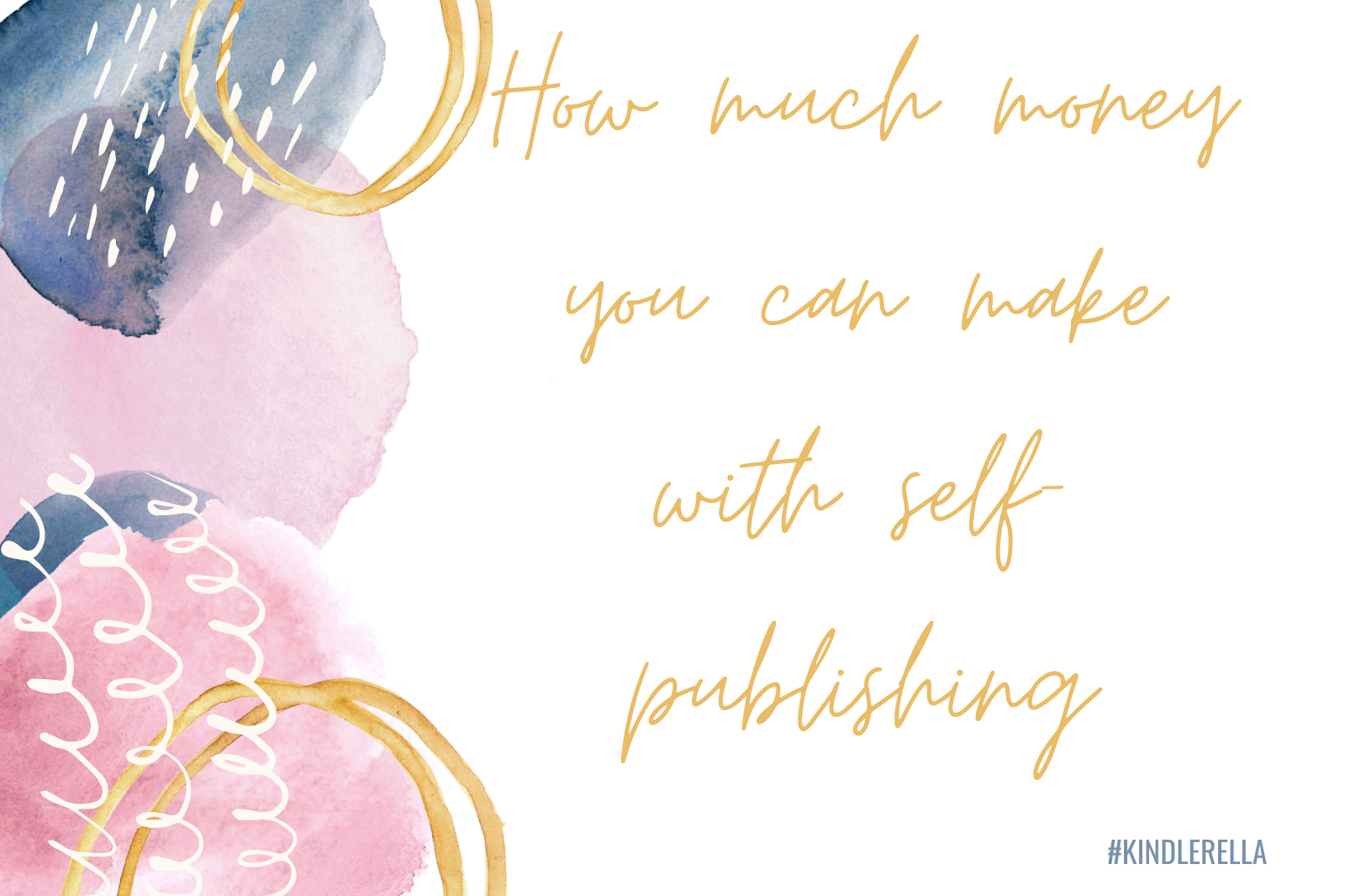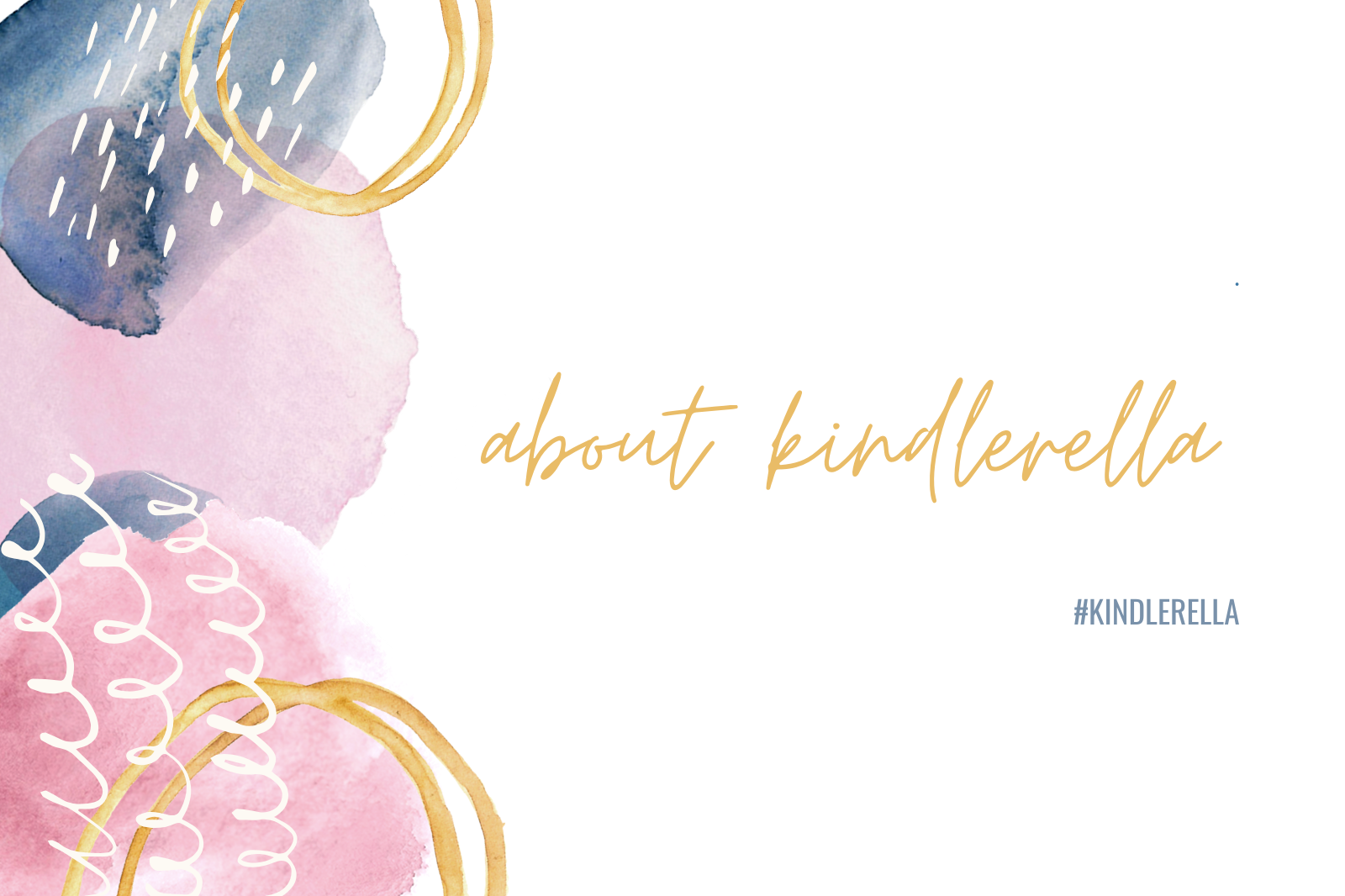The most popular questions of all - how much money can I actually make writing books or short stories? For the sake of this post, I'll stick to KDP, since every publishing platform has its own rules.
Can you make money? Yes! How much? Well, it depends on multiple factors.
Lucky for you, there is a very useful gadget on this blog that will help you get all of your questions in seconds, no math needed. It's that gadget on the right called 'CALCULATOR', or 'Amazon Royalties Estimator', courtesy of Wordpreneur, and Will Bontrager Software LLC.
As you can see there, the calculator has different parameters, so feel free to play around with numbers and see how much money potentially you could be making. The final income will depend on the number of your titles, prices, royalties, as well as your assumption of books sold per day/month/year, per title.
What I like to do is make separate calculations for different titles. If some of my books have parameters that are exactly the same, I will clump them all together. If not, I will do the calculations separately, as that will give me more realistic numbers in the end.
For those of you who are new, let's quickly go through these parameters.
Number of titles - self-explanatory. Still, I prefer adding my titles one by one and doing individual calculations.
Average price - How much do your books cost, on average? Again, I like to be more precise and go over it title by title.
Royalty - You can choose between 35% and 70%. This is the percentage of the money you will get from each sale. The rest goes to Amazon. In order to get 70% royalty, you should price your book anywhere between $2.99 and $9.99. Amazon has other requirements for this option, so I will just quote them.
To qualify for the 70% royalty option, books must meet these requirements:
- The author or publisher-supplied list price must satisfy list price requirements.
- The list price must be at least 20% below the list price on Amazon for the physical book.
- Titles must be made available for sale in all geographies for which the author or publisher has rights.
Titles must also be enrolled in KDP Select to be eligible for 70% royalty on sales to customers in Brazil, Japan, Mexico, and India.
All books are still eligible for the standard 35% royalty as long as the title meets list price requirements.
Delivery - no need to mess with these numbers, so just ignore it.
Books sold per title (per day/month/year) - these are your assumptions. Go crazy!
Total royalty income - this is where you will see your potential income, so don't do anything here.
Click on that small Update button and it's done.
Keep repeating this process as often as you want. I would suggest bookmarking the page so you can quickly come back every time you need to use it. Because doing this kind of math yourself is daunting. Also, I find it very motivating whenever I see how much money I could be making with more titles. That helps me publish faster and keep my eyes on the prize.






